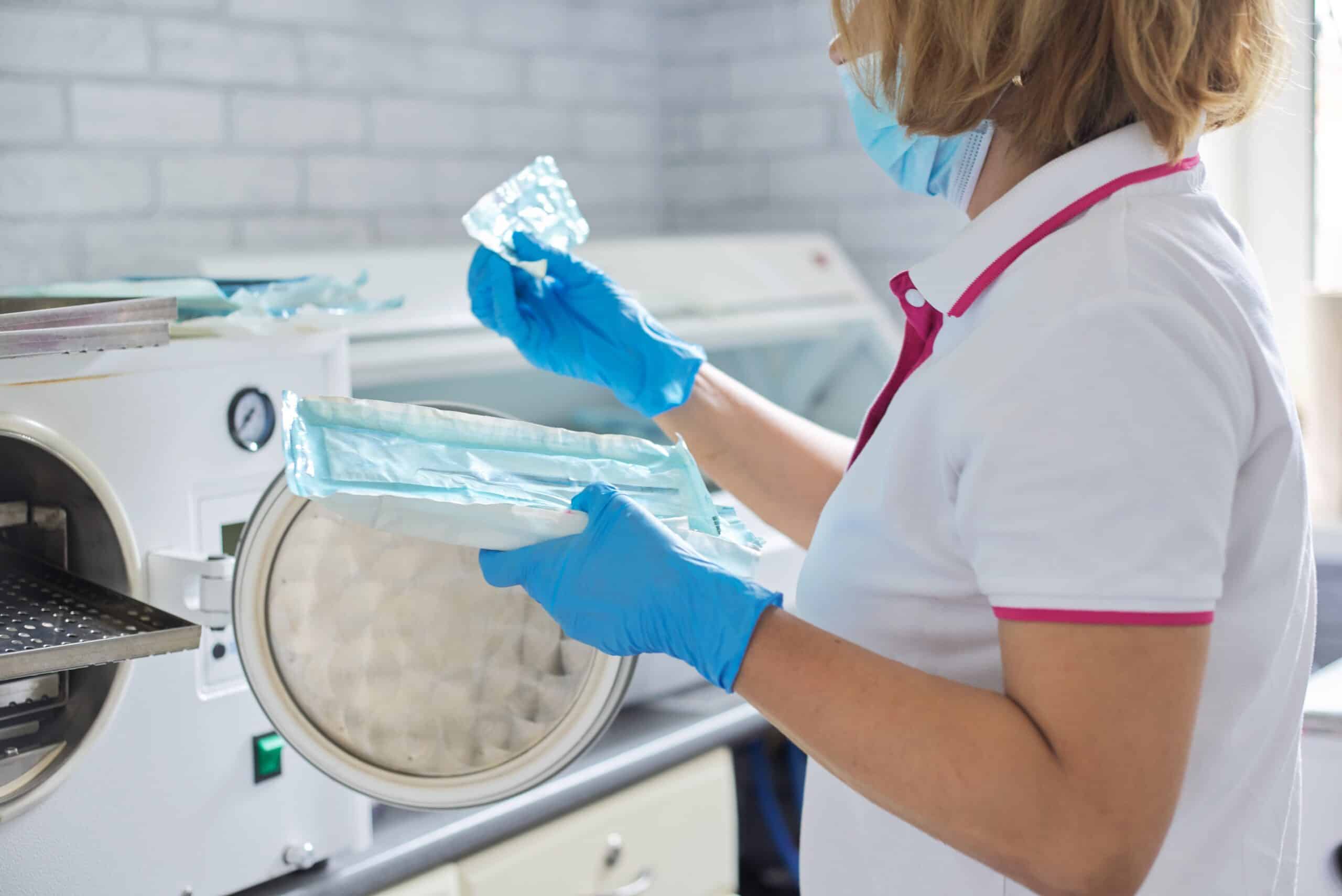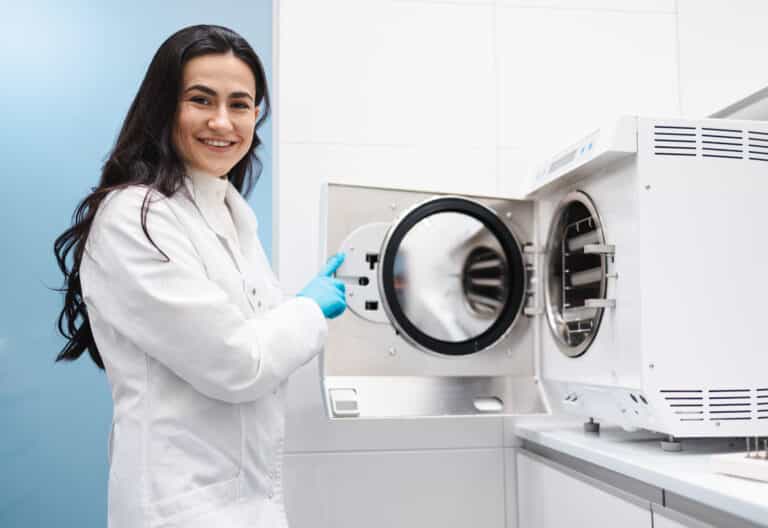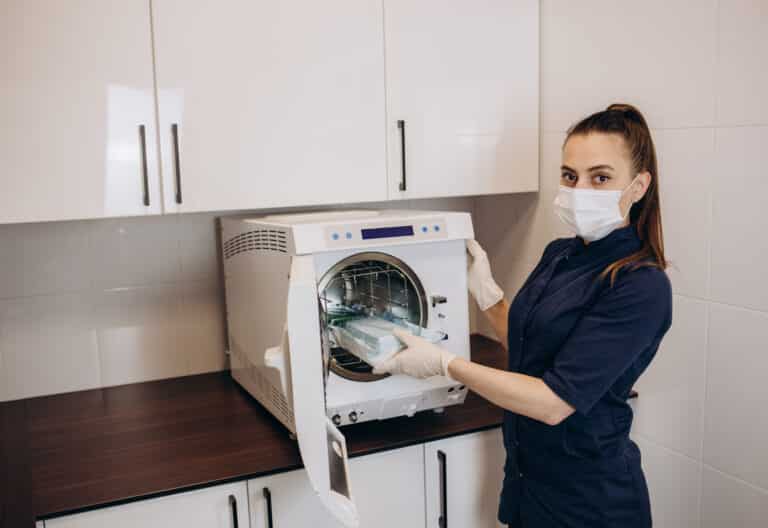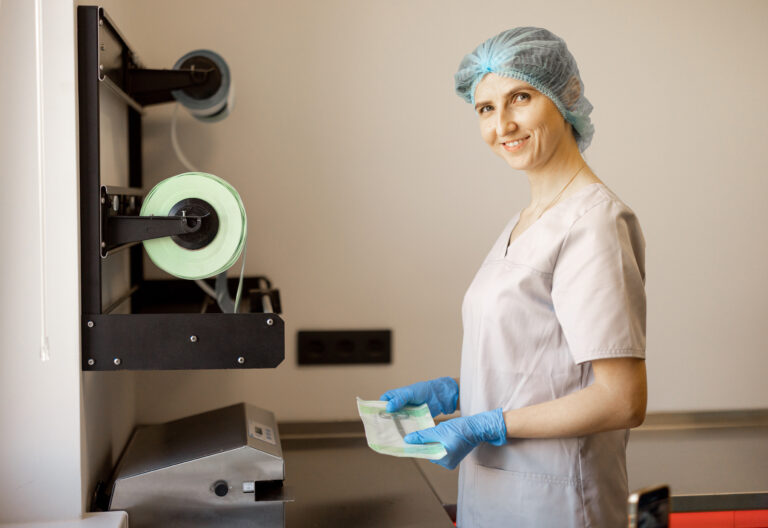Are you considering a career as a Sterile Processing Technician and want to learn more about what this role entails? You’re in the right place! Sterile Processing Technicians, often referred to as Central Service Technicians, play a crucial yet often overlooked role in the healthcare industry. We will provide an in-depth look at what is a Sterile Processing Technician, where they typically work, the potential earnings, and the essential duties they perform. We will also guide you on how to start towards your career in this field, including the necessary training and certifications. So, let’s dive in!
What is a Sterile Processing Technician?
A Sterile Processing Technician is a healthcare professional responsible for the cleaning, sterilizing, and preparing of medical instruments and equipment used in various medical procedures. The role is vital in ensuring that all surgical instruments and medical devices are free from contamination and completely sterilized before use. While Sterile Processing Technicians may not have direct interaction with patients, their work is critical in maintaining patient safety and preventing infections.
Sterile Processing Technicians work behind the scenes in hospitals, surgical centers, ambulatory surgery centers (ASCs), nursing homes, and outpatient care centers. Their primary responsibility is to make sure that all the instruments used in medical procedures are “sparkling clean” and safe for use.
Typical Work Environments for Sterile Processing Technicians
Sterile Processing Technicians can find employment in a variety of healthcare settings. The majority of them work in hospitals and surgical centers, where the demand for sterile instruments is highest. However, opportunities are also available in:
- Ambulatory Surgery Centers (ASCs): These facilities focus on same-day surgical care, and they require sterile instruments for various outpatient procedures.
- Nursing Homes: Sterile Processing Technicians in nursing homes ensure that the medical instruments used in patient care are properly sterilized and safe.
- Outpatient Care Centers: These centers offer a range of healthcare services outside the hospital environment, and sterile processing is just as critical here.
The role may differ slightly depending on the setting, but the core responsibilities remain consistent.
How Much Can You Make as a Sterile Processing Technician?
The salary of a Sterile Processing Technician can vary based on location, experience, and the specific healthcare setting. According to the U.S. Bureau of Labor Statistics (BLS), the average annual salary for Sterile Processing Technicians is approximately $44,900, which translates to about $21.61 per hour. However, with experience and expertise, these professionals can earn significantly more.
Job portals like Indeed.com suggest that experienced Sterile Processing Technicians can earn between $75,000 and $98,000 annually. Those who take on additional responsibilities or work overtime may even push their earnings into the six-figure range. For a career that requires relatively short-term sterile processing technician training and certification, this is an attractive earning potential.
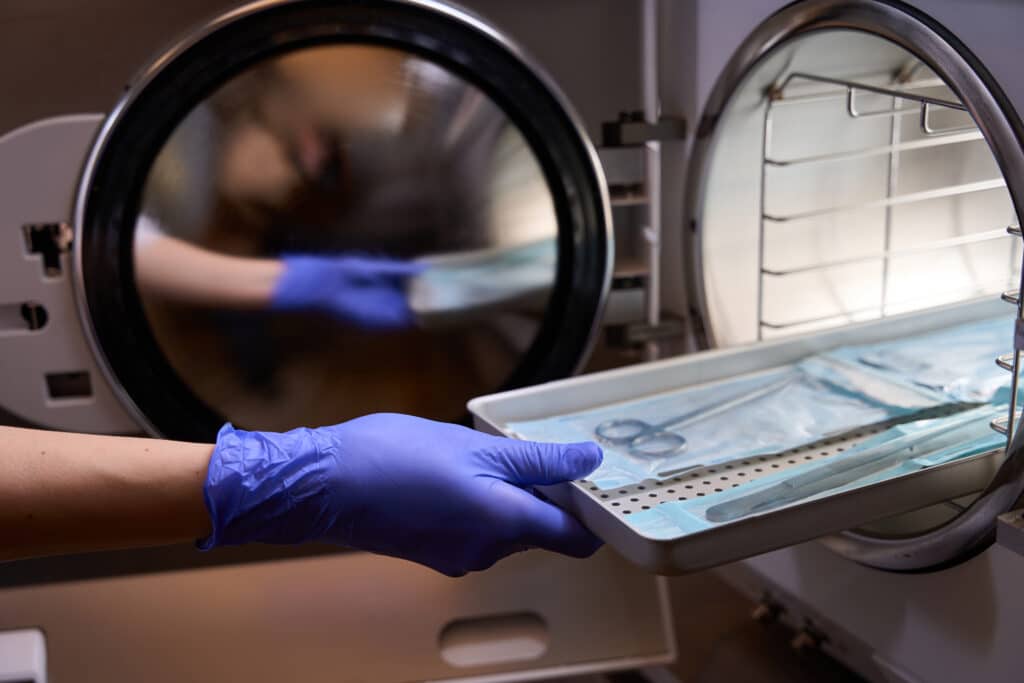
How to Become a Sterile Processing Technician
Starting towards a Sterile Processing Technician career requires specific training and certification. Here’s how you can get started:
1. Obtain Formal Training
To become a Sterile Processing Technician, formal training is essential. There are two main pathways to obtaining this training:
- On-Campus Programs: You can enroll in a full-time program at a college or university. These programs provide comprehensive education and hands-on experience, but they can be expensive, take longer to complete, and often involve additional costs beyond tuition.
- Online Programs: Online sterile processing technician certification programs are a more affordable and flexible option. They can often be completed in a few weeks and allow you to learn at your own pace. However, it’s crucial to choose a program that offers practical experience, as hands-on training is vital in this field.
2. Obtain Certification
After completing your training, obtaining sterile processing technician certification is the next crucial step. The most recognized certification for Sterile Processing Technicians is the Certified Registered Central Service Technician (CRCST) certification. To earn this certification, you must pass an exam that tests your knowledge and skills in sterilization processes, infection control, and other essential duties of the job.
Your training program should prepare you for this certification exam. It’s worth noting that while certification might not be legally required in every state, most employers prefer or require it. Certification not only increases your job prospects but can also lead to higher wages and career advancement opportunities.
You May Also Like:
-Sterile Processing Technician Job Description
-Sterile Processing Technician Certification
-How Long Does it Take to Become a Sterile Processing Technician
Key Duties of a Sterile Processing Technician
The Sterile Processing Technician role involves several critical duties, each of which plays a vital role in maintaining the safety and effectiveness of medical instruments and equipment. Here are the top five duties you can expect to perform:
1. Cleaning and Decontamination
The first and foremost duty of a Sterile Processing Technician is cleaning and decontaminating medical instruments. This process involves removing any visible debris, contaminants, and organic material from the instruments. Proper cleaning is crucial because it ensures that the sterilization process is effective. Any residue left on the instruments can lead to contamination and pose serious risks to patient safety.
2. Sterilization Processes
Once the instruments are thoroughly cleaned, they move on to the sterilization phase. Sterile Processing Technicians operate specialized equipment, such as autoclaves, which use steam under pressure to sterilize instruments. The technician must set the autoclave to the correct temperature, pressure, and duration to ensure that all harmful microorganisms, such as bacteria and viruses, are eliminated.
3. Assembling and Packaging
After sterilization, the instruments are assembled into specific sets or kits and packaged for future use. This process requires great attention to detail, as the Sterile Processing Technician must ensure that the instruments are complete, correctly assembled, and ready for immediate use, especially during emergencies. Proper packaging also helps maintain the sterility of the instruments until they are needed.
4. Inventory Management
In some facilities, Sterile Processing Technicians are also responsible for managing inventory. This involves ordering, organizing, and restocking supplies to prevent shortages. Effective inventory management ensures that the healthcare facility always has the necessary sterile instruments and equipment on hand, which is essential for smooth operations and patient care.
5. Following Protocols and Regulations
Sterile Processing Technicians must adhere to strict protocols and guidelines throughout the decontamination, sterilization, and assembly processes. Compliance with safety regulations and quality control standards is critical in preventing infections and ensuring patient safety. Technicians must be well-versed in these protocols and consistently apply them to their work.
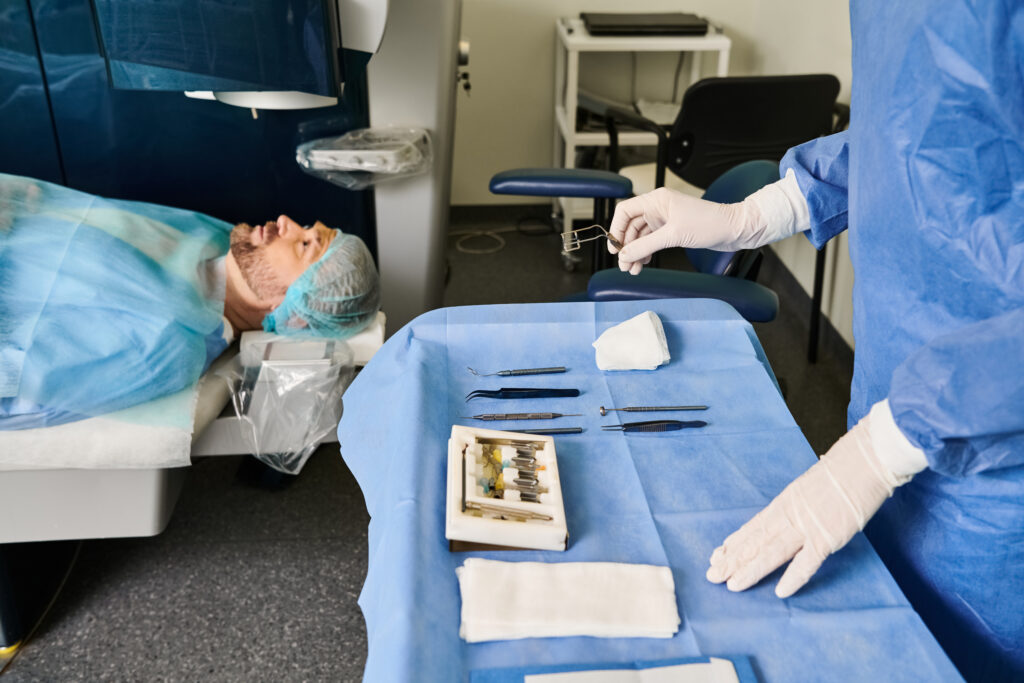
Fast-Tracking Your Career as a Sterile Processing Technician

If you’re eager to start towards your career as a Sterile Processing Technician quickly, you can fast-track the process by choosing the right online sterile processing technician program. Online programs are particularly advantageous if you want to complete your sterile processing tech training in a short time frame and without incurring significant student loan debt.
Look for programs that not only prepare you for the CRCST certification exam but also offer hands-on clinical experience. Some programs may even partner with healthcare facilities to provide internships or externship opportunities, allowing you to gain real-world experience before you start towards working.
Additionally, staying informed about what employers are looking for can give you an edge in the job market. Employers value candidates who are well-prepared, certified, and have some level of practical experience.
Conclusion
A career as a Sterile Processing Technician is both rewarding and essential in the healthcare industry. These professionals ensure that all medical instruments and equipment are safe for use, directly contributing to patient safety and the success of medical procedures. With competitive salaries, a relatively short training period, and opportunities for advancement, this career path offers a promising future. If you’re interested in starting towards your journey as a Sterile Processing Technician, consider enrolling in an online sterile processing certification program that suits your needs and begin the path to certification. Your role in healthcare might be behind the scenes, but it is undeniably crucial.
Also read: Sterile Processing Technician Duties and Skills
About:
Preppy was founded by higher education expert, Grant Aldrich, whose work on college affordability and accessibility has been featured in Forbes, Bloomberg Businessweek, Business Insider, American Express, AOL, MSN, Thrive Global, Reader’s Digest, Inside Higher Ed, Evolllution, EducationDive, and nearly 100 radio shows and podcasts.
Time is money. Instead of programs that could take 2 years, Preppy provides you education in a few months through immersive online training.
Healthcare, IT, Business, Trades…Preppy gets you ready for the trending careers in our modern economy.
Our team of higher education and startup veterans have created the best solution so everyone can obtain the emerging careers of today and tomorrow.
We look forward to speaking with you. You may also call 800-729-1317.
SPTSterile Processing TechSterile Processing TechnicianWhat is a Sterile Processing Technician
